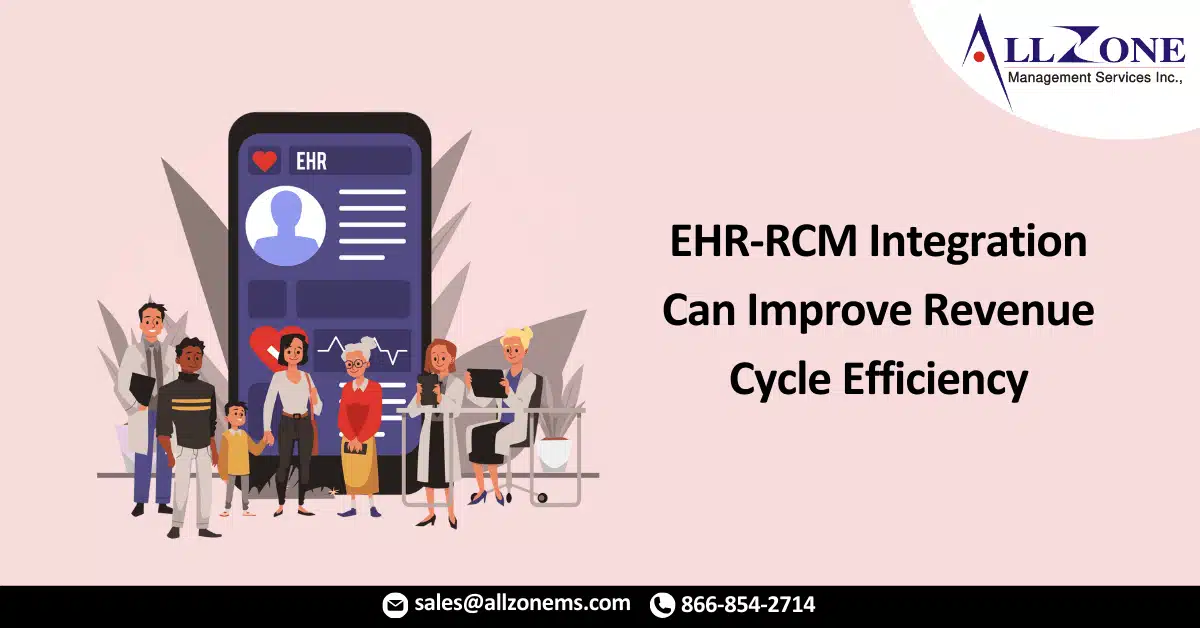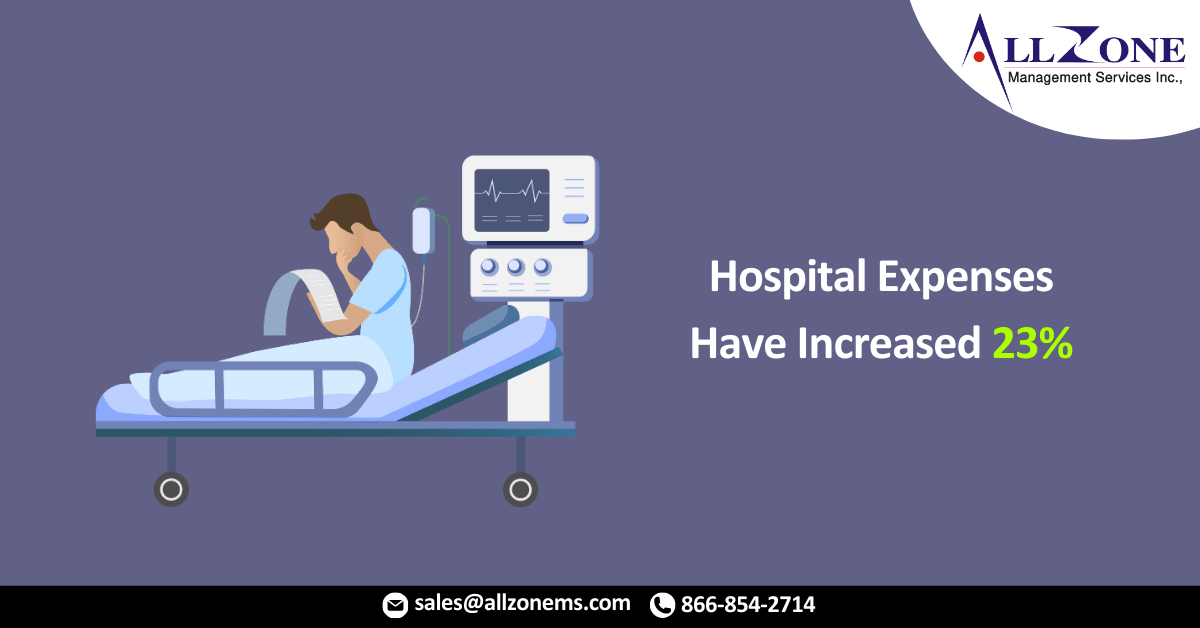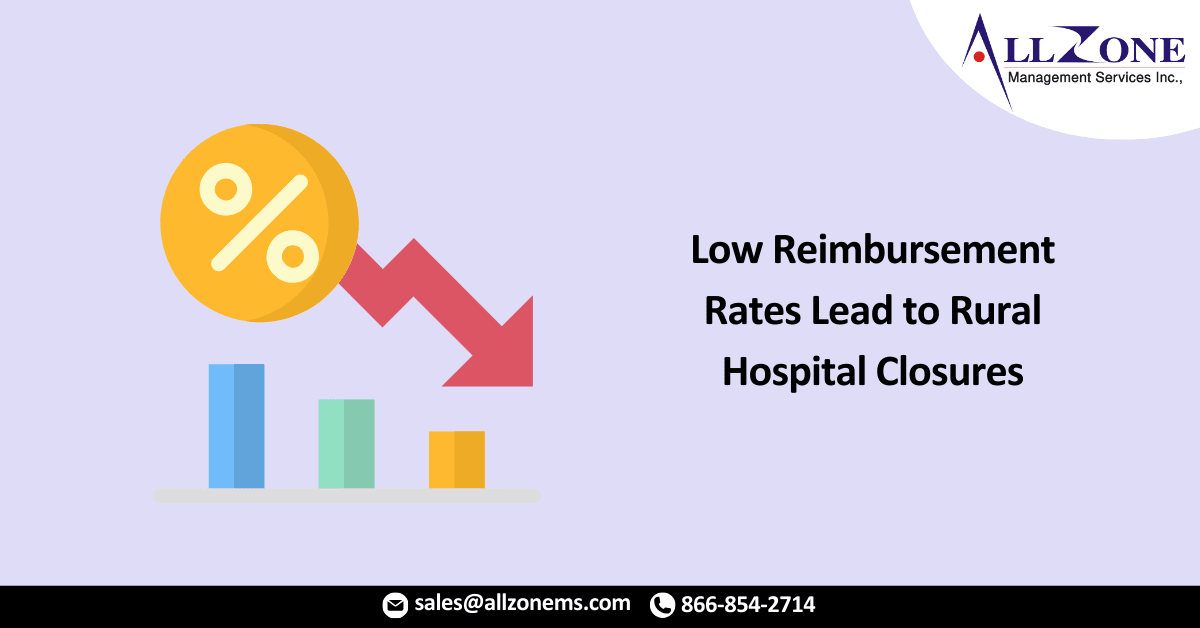Partnering with a vendor that provides EHR and RCM capabilities helped one healthcare organization boost communication and improve revenue cycle efficiency for 150 care centers. Leveraging automation for revenue cycle management (RCM) processes can streamline tasks and improve efficiencies. Specifically, partnering with an EHR vendor helped a healthcare organization to achieve $1 billion in patient […]
In 30 years of running revenue management the usual suspects come up in a Key Performance Indicator (KPI) Dashboard such as Charges, Payments, Adjustments, Net Collection, Gross Collection, Days in AR, AR over 90 Days and Bad Debt. Then you have the breakouts for each category by payer, CPT Code, Location, or ICD Code. There […]
Value-based payment models, including accountable care organizations, bundled payment models, and capitation models, can generate savings for providers and limit healthcare spending. As healthcare spending escalates in the US, stakeholders have started looking at value-based payment models to address rising costs, but many payments are still tied to fee-for-service models, according to a Health Affairs […]
Hospitals are ramping up recruitment and retention strategies as they navigate ongoing workforce shortages and rising expenses. A majority of hospital leaders have increased starting salaries and introduced signing bonuses to attract new employees. The 2022 Healthcare Performance Improvement Report, based on responses from 86 hospital and health system leaders across the U.S., highlights the […]
Outcomes-based models are spreading, but fee-for-service still dominates payment landscape. Is value-based care having a moment? Health care policy experts and institutions have long agreed that fee-for-service (FFS) medicine is wasteful, outmoded and at least partially responsible for the U.S. spending far more than peer nations on health care, but with outcomes that are no […]
Supply chain issues, medication costs, and labor challenges sparked by the COVID-19 pandemic have contributed to the spiking hospital expenses. Hospital expenses have increased 23 percent since 2016, a spike researchers attributed to continuous COVID-19 challenges, according to a recent analysis. By analyzing American Hospital Association data, investigators noticed hospital expenses increased 47 percent in 2020when […]
Health systems that used automation for revenue cycle operations had an average cost-to-collect of 3.51 percent compared to 3.74 percent for those that did not use automation. Using automation for revenue cycle operations could lower hospital and health systems’ cost-to-collect by 0.25 percent, according to a survey from the Healthcare Financial Management Association (HFMA). The […]
Low reimbursement rates, staffing shortages, low patient volumes, and regulatory barriers are some of the root causes of rural hospital closures, the American Hospital Association (AHA) explains in a new report. The report “Rural Hospital Closures Threaten Access: Solutions to Preserve Care in Local Communities” highlights the variety of causes behind rural hospital closures, which […]
Prior Authorization reform in Medicare Advantage would help relieve administrative burden for medical groups and reduce patient care delays, MGMA said. The Medical Group Management Association (MGMA) has urged CMS to implement policies that support prior authorization reform and value-based care contracts within the Medicare Advantage program. MGMA submitted comments to CMS Administrator in response […]
The bill would allow Medicare to negotiate lower drug prices, particularly for the most expensive that have been on the market for years. In a 51-50 vote with Vice President Kamala Harris as the tie-breaker, the Senate on Saturday passed the Inflation Reduction Act that includes much of the sought-after Democratic priorities on drug negotiations […]










